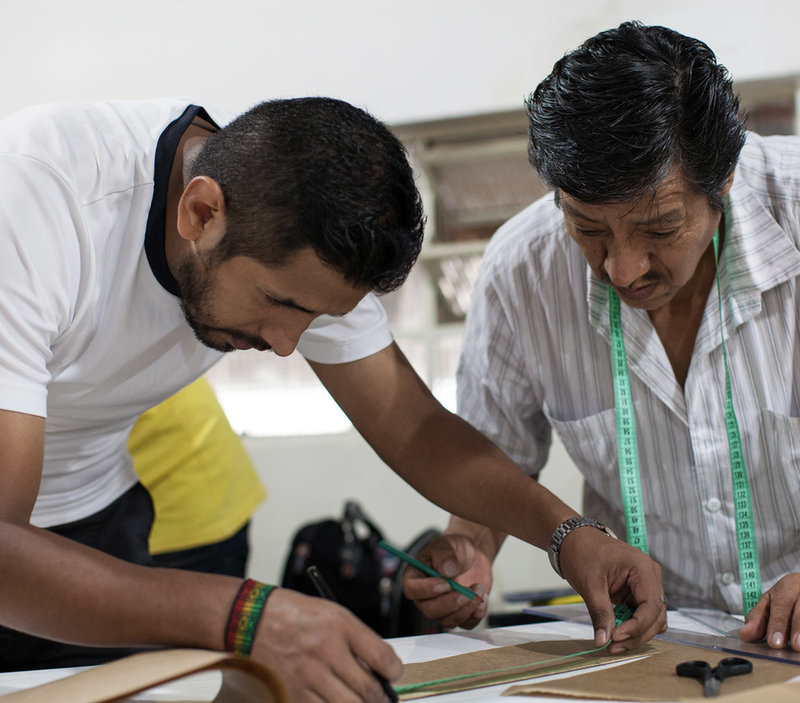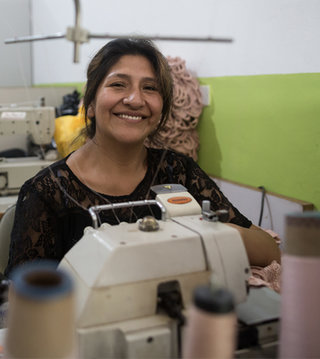

Insight
Advocacy must be underpinned by migrants' perspectives
Migrants are among the most vulnerable people when it comes to forced labour. In São Paulo, four in every 10 workers rescued from slavery by Ministry of Labour prosecutors are found in sewing workshops and 80% are Bolivian migrants.
In 2016 and early 2017, our partner Missão Paz worked with other civil society organisations to guarantee that the government develop the New Migration Law with a human rights approach.
The new legislation came into force in November 2017. The main purpose of it is to ensure migrants have the same rights, opportunities and responsibilities as Brazilians, as well as to simplify the entry and residence procedure.
As a key part of the process, Missão Paz held discussion groups with migrants to identify the main barriers to accessing their rights, as well as their ideas on how to improve the situation. The success of this work, and its incorporation into government legislation, demonstrates the importance of building advocacy strategy that is based on the reality of migrants’ experience.
Success story
Reducing forced labour in global supply chains
Our partner Anti-Slavery International (ASI), in collaboration with civil society groups, advocated for the European Parliament to strengthen its approach to forced labour, with a particular focus on gender equality and children’s rights.
In September 2017, the EU passed a resolution on the impact of international trade and EU policies on global value chains, which encouraged more transparency on EU customs data.
This data could help NGOs, human rights defenders and victims of corporate abuse to identify European companies that are trading with companies that violate human rights, so they can deliver justice to victims. The data could also level the playing field between the companies that disclose their supply chain and those that don’t.